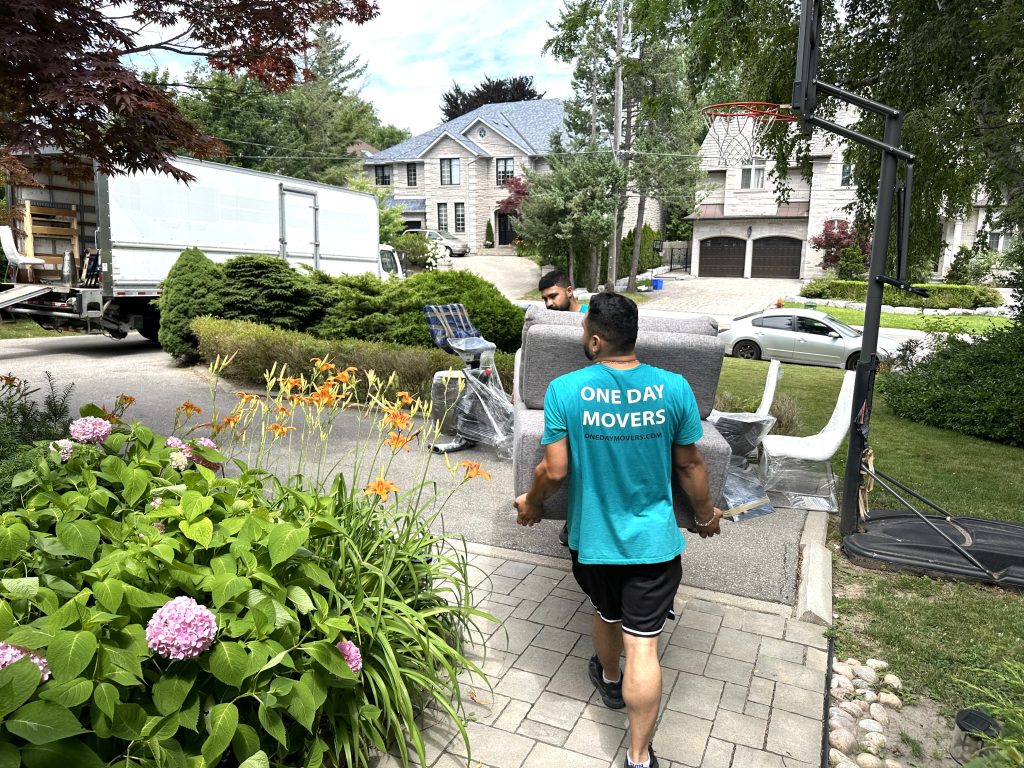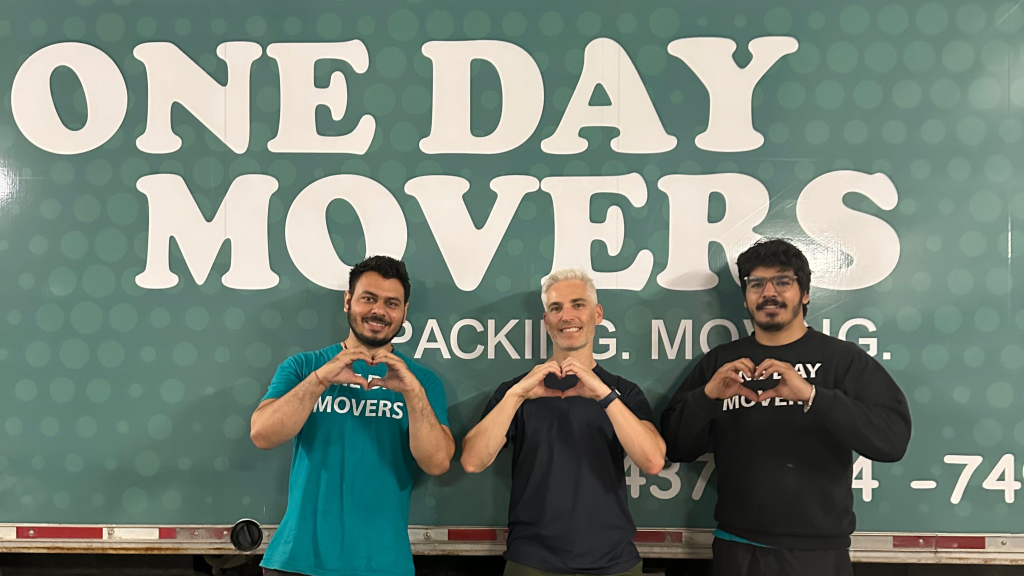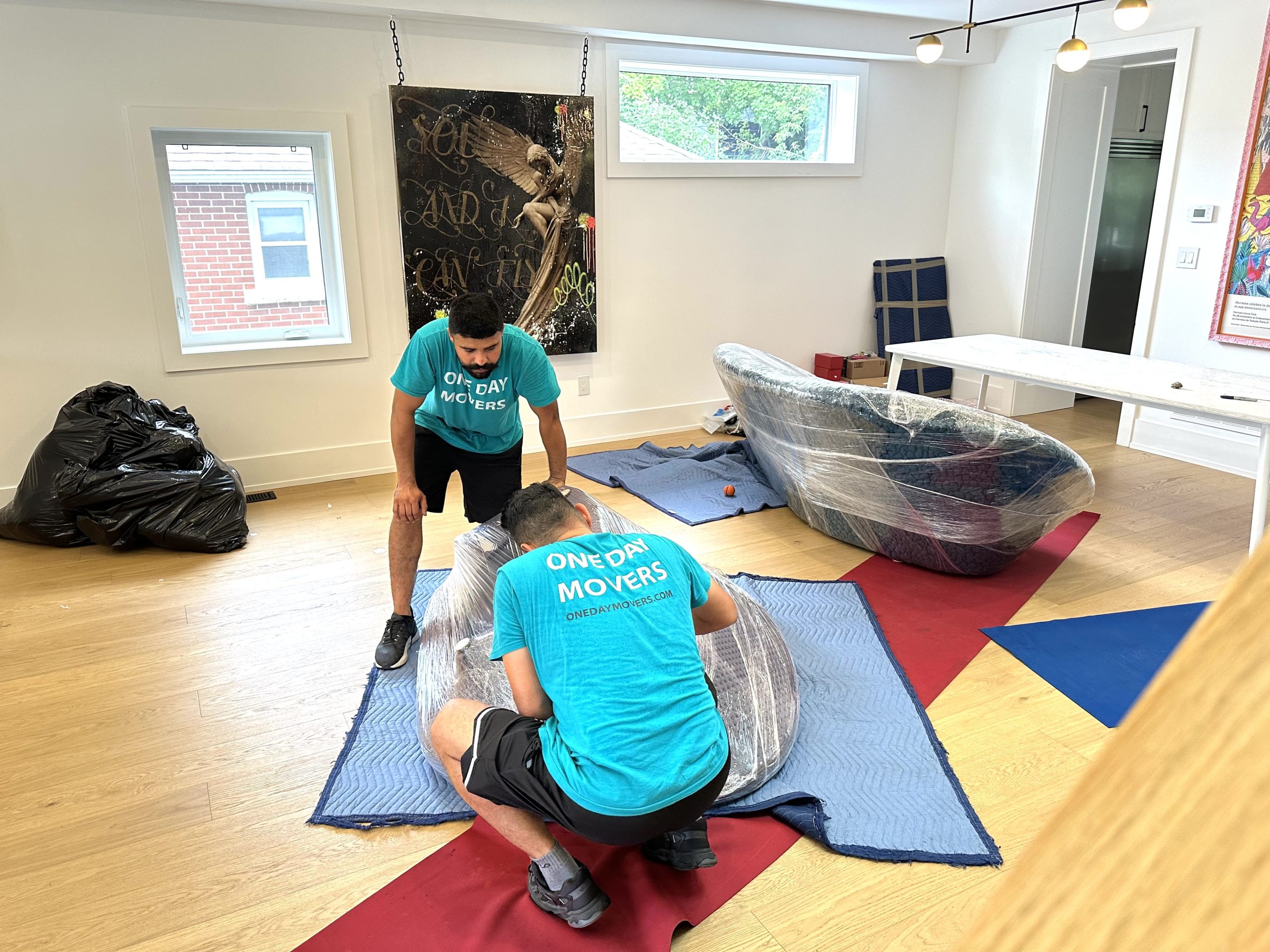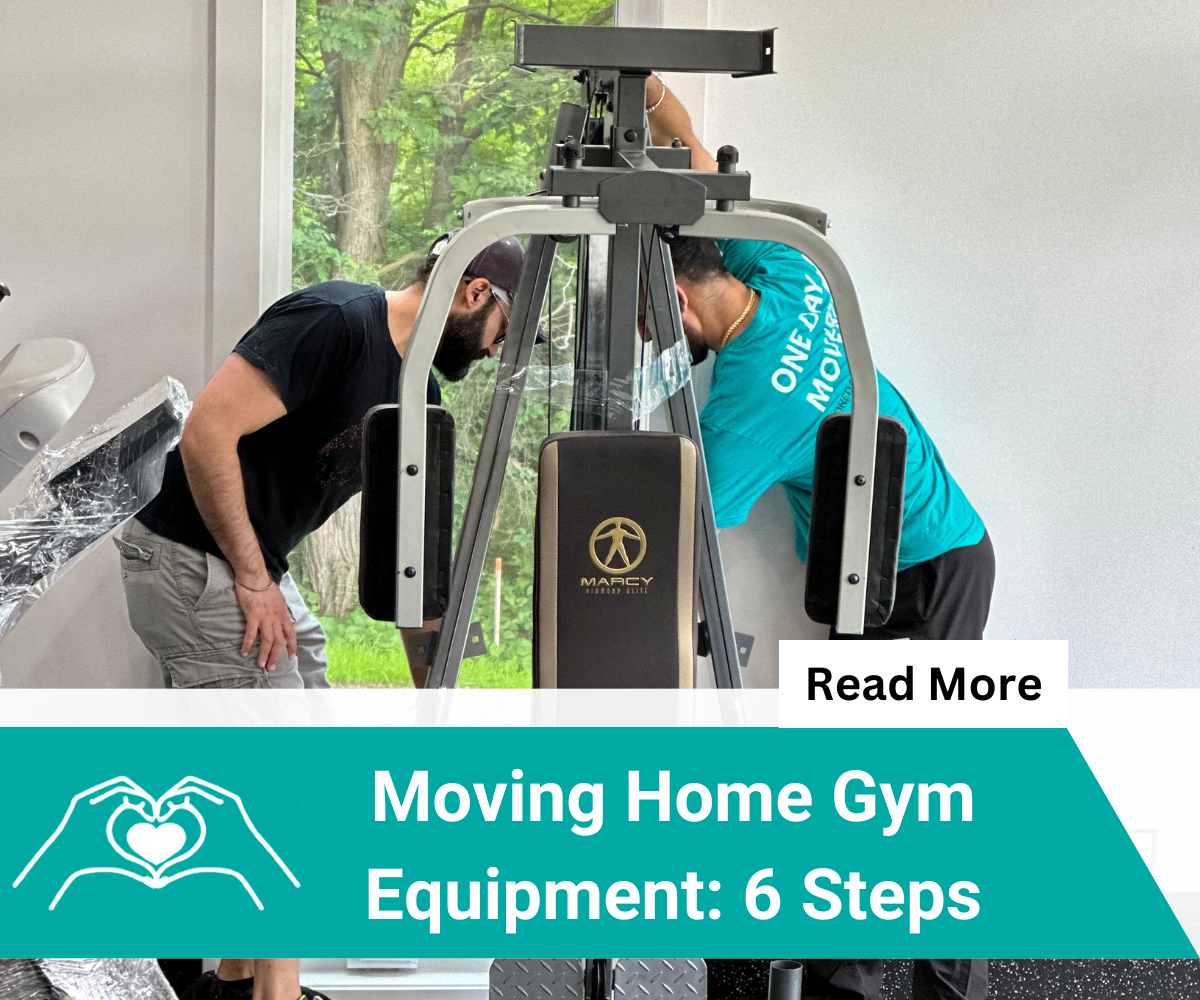Moving to a new home is an exciting chapter, but it can also be a stressful and costly process. One way to make your move easier and potentially earn some extra cash is by selling your furniture before you move. This guide will walk you through the steps and strategies for successfully selling your furniture, and ensuring a smooth transition to your new home. We’ll also share some tips that you might not find elsewhere to maximize your selling efforts.
Why Sell Your Extra Furniture Before Moving?
Financial Benefits
Selling your unwanted furniture can help offset the costs associated with moving. By lightening your load, you can reduce the cost of hiring a moving company in Toronto, which can be quite expensive depending on the distance and amount of stuff you’re moving.
Practicality
Moving fewer items means less packing and unpacking, which saves time and effort. It can also simplify logistics, especially if you’re moving long-distance or into a smaller space.
Fresh Start
Selling your old furniture gives you the opportunity to start fresh in your new home. You can redecorate and choose pieces that fit the new space and your current taste.
Where to Sell Your Furniture
Online Marketplaces
Online marketplaces like Craigslist, Facebook Marketplace, and Kijiji are popular platforms for selling used furniture to help you sell. They offer a wide audience and the ability to negotiate prices. These platforms allow you to list items quickly with photos and descriptions. Be responsive to inquiries and price your furniture competitively based on similar listings.
Consignment Shops
Consignment shops can sell your furniture on your behalf. They typically take a commission but handle the selling process for you. This option is hassle-free and attracts buyers looking for quality used furniture. The shop displays your items and sets prices, making it an easy way to sell without much effort on your part.
Auction Houses
For valuable or antique pieces, consider selling through an auction house. This method can fetch a good price for high-quality items. Auction houses have appraisers to help value your furniture and set starting bids. They attract serious buyers and handle the entire sale process, though they take a percentage of the sale as a fee.
Garage Sales

A garage sale can be a quick way to sell multiple items at once. It’s also a great way to meet your neighbors. Advertise your sale in advance, organize your items clearly, and price them to sell. Garage sales require some preparation but offer immediate sales without the need for online negotiations or waiting for responses.
Preparing Your Furniture for Sale

Clean and Repair
Make sure your furniture is clean and in good condition. Fix any minor damages and touch up any scratches. Clean furniture not only looks better but also increases its value. Use appropriate cleaning products for different materials like wood, fabric, or leather. Tighten any loose screws or bolts and replace any missing hardware to ensure the furniture is sturdy and functional.
High-Quality Photos
Take high-quality photos that show the furniture from different angles. Good lighting and a clutter-free background can make a big difference in attracting buyers. Use natural light if possible, and avoid harsh shadows. Include close-up shots of any unique features or details. Highlight any brand logos or markings that indicate quality or authenticity.
Detailed Descriptions
Write detailed descriptions for each item. Include dimensions, materials, brand, age, and any unique features. Be honest about the condition to set the right expectations. Mention any history or provenance for antique pieces. Detailed descriptions help buyers understand what they are purchasing and can justify higher prices. Specify if the item comes from a pet-free or smoke-free home.
Pricing Your Furniture

Research Comparable Items
Look at similar items on online marketplaces to get an idea of what price to set. Consider the brand, condition, and original purchase price when setting your price. Check completed listings to see what similar items have sold for recently. This will give you a realistic price range and help you avoid overpricing or underpricing your furniture.
Factor in Depreciation
Remember that used furniture depreciates in value. Price your items reasonably to attract buyers. High-priced items may take longer to sell. Consider the age and wear of the furniture when determining depreciation. Well-maintained pieces from reputable brands may retain value better than mass-produced items.
Be Open to Negotiation
Be prepared to negotiate. Buyers often expect to haggle, so set your initial price slightly higher to leave room for negotiation. Decide on a minimum acceptable price beforehand to avoid selling for less than you’re comfortable with. Be polite and flexible during negotiations to keep potential buyers interested.
Timing Your Sale
List Early
Start listing your items as soon as you know you’re moving. This gives you plenty of time to find buyers and reduces last-minute stress.
Seasonal Considerations
Certain times of the year may be better for selling furniture. Spring and summer are popular moving seasons, which can increase demand for used furniture.
Additional Furniture Selling Tips
Bundle Items
Offer discounts for buyers who purchase multiple items. This can help you sell more quickly and reduce the number of transactions.
Provide Delivery Options
Offer delivery for an additional fee. This can make your items more attractive to buyers who don’t have a way to transport large pieces.

Use Social Media
Promote your furniture on social media platforms. Share listings with friends and family who might be interested or know someone who is.
Dealing with Unsold Items
Donation
If some items don’t sell, consider donating them to local charities or thrift stores. This can be a good way to give back to the community and avoid disposal fees.
Recycling
For items that are not in good condition, look into recycling options. Many cities offer bulk waste pickup services for large items.
Final Thoughts
Selling your unwanted furniture before moving can be a practical and profitable way to streamline your move. By following these tips and preparing well in advance, you can maximize your selling potential and enjoy a smoother transition to your new home.
Choosing the Right Moving Company
Once you’ve sold your furniture and are ready to move, it’s important to choose a reliable moving company. One Day Movers is one of the leading moving companies in Toronto. We offer a range of services to make your move as seamless as possible. Our team of professional movers can handle everything from packing to transportation, ensuring your belongings arrive safely at your new home.
Why Choose One Day Movers?
Comprehensive Services
We offer office packing and moving services, residential moving services, assembly and disassembly services, and packing and unpacking services. Our comprehensive moving services cover every aspect of your move.
Experienced Team
Our experienced team knows how to handle your items with care. We ensure that all your belongings are packed securely and transported safely.
Learn more: Why Hiring Professional Furniture Movers in Toronto is a Smart Choice
Affordable Rates
We provide competitive rates with no hidden fees. Our transparent pricing ensures you know exactly what to expect.
Customer Satisfaction
Customer satisfaction is our top priority. We go the extra mile to ensure your move is smooth and stress-free. Don’t just take our word for it—our happy customers speak for us.
For a reliable and efficient moving experience, contact One Day Movers today. Let us take the hassle out of your move and provide you with top-notch service.
Read Further:
FAQs
Q. How do I determine the right price for my furniture?
A: Research similar items on online marketplaces to gauge a fair price. Consider factors like brand, condition, and original purchase price. Adjust for depreciation, and remember to leave room for negotiation.
Q. What are the best platforms to sell my furniture online?
A: Popular platforms include Craigslist, Facebook Marketplace, and Kijiji. These platforms have a wide audience and allow for price negotiations.
Q. Is it better to sell furniture online or through a consignment shop?
A: It depends on your preference. Online marketplaces offer wider reach and control over pricing, while consignment shops handle the sales process but take a commission.
Q. How can I ensure my furniture sells quickly?
A: Clean and repair your furniture, take high-quality photos, and write detailed descriptions. Price your items competitively based on market research and be open to negotiations.
Q. What should I include in the description of my furniture listings?
A: Include dimensions, materials, brand, age, condition, and any unique features. Be honest about any wear and tear to set realistic expectations.
Q. How do I handle negotiations with potential buyers?
A: Set your initial price slightly higher to allow room for negotiation. Be polite and flexible, and decide on a minimum acceptable price beforehand.
Q. What are some offline options for selling my furniture?
A: Consider hosting a garage sale or selling through local consignment shops or auction houses, especially for valuable or antique pieces.
Q. How can I make my furniture listings stand out online?
A: Use high-quality photos taken in good lighting with a clutter-free background. Write clear, detailed descriptions and highlight any unique features or brand markings.
Q. Are there any items that are particularly hard to sell?
A: Large or bulky items, items with significant wear and tear, and highly personalized pieces can be harder to sell. Price them reasonably and be patient.
Q. What should I do if my furniture doesn’t sell before my move?
A: Consider donating unsold items to charity, giving them to friends or family, or using storage services if you plan to try selling them again later.


































